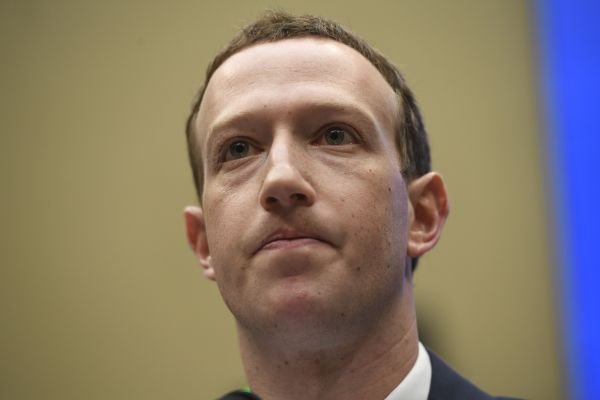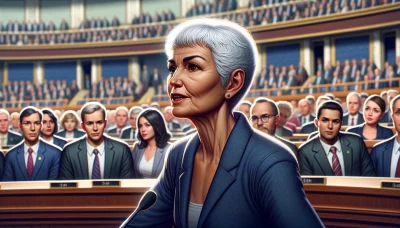Facebook co-founder, Chris Hughes, calls for Facebook to be broken up

The latest call to break up Facebooklooks to be the most uncomfortably close to home yet for supreme leader, Mark Zuckerberg.
“Mark’s power is unprecedented and un-American,” writes Chris Hughes,in an explosive op-ed published in The New York Times. “It is time to break up Facebook.”
It’s a long read, but worth indulging for a well-articulated argument against the market-denting power of monopolies, shot through with a smattering of personal anecdotes about Hughes’ experience of Zuckerberg — who he at one point almost paints as “only human,” before shoulder-dropping into a straight thumbs-down that “it’s his very humanity that makes his unchecked power so problematic.”
The tl;dr of Hughes’ argument against Facebook/Zuckerberg being allowed to continue its/his reign of the internet knits together different strands of the techlash zeitgeist, linking Zuckerberg’s absolute influence over Facebook, and therefore over the unprecedented billions of people he can reach and behaviourally reprogram via content-sorting algorithms, to the crushing of innovation and startup competition; the crushing of consumer attention, choice and privacy, all hostage to relentless growth targets and an eyeball-demanding ad business model; the crushing control of speech that Zuckerberg — as Facebook’s absolute monarch — personally commands, with Hughes worrying it’s a power too potent for any one human to wield.
“Mark may never have a boss, but he needs to have some check on his power,” he writes. “The American government needs to do two things: break up Facebook’s monopoly and regulate the company to make it more accountable to the American people.”
His proposed solution is not just a break up of Facebook’s monopoly of online attention by re-separating Facebook, Instagram and WhatsApp— to try to reinvigorate a social arena it now inescapably owns — he also calls for U.S. policymakers to step up to the plate and regulate, suggesting an oversight agency is also essential to hold internet companies to account, and pointing to Europe’s recently toughened privacy framework, GDPR, as a start.
“Just breaking up Facebook is not enough. We need a new agency, empowered by Cong
Be the first to write a comment.







